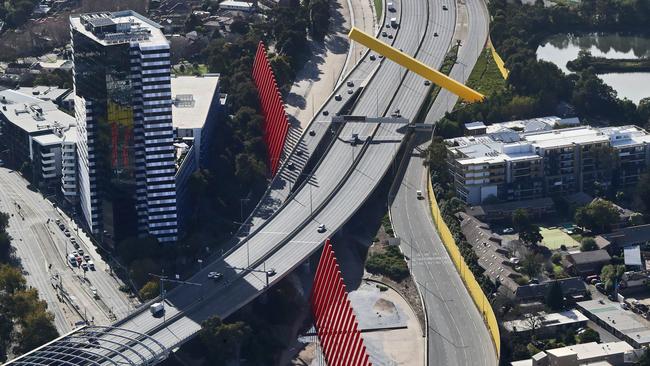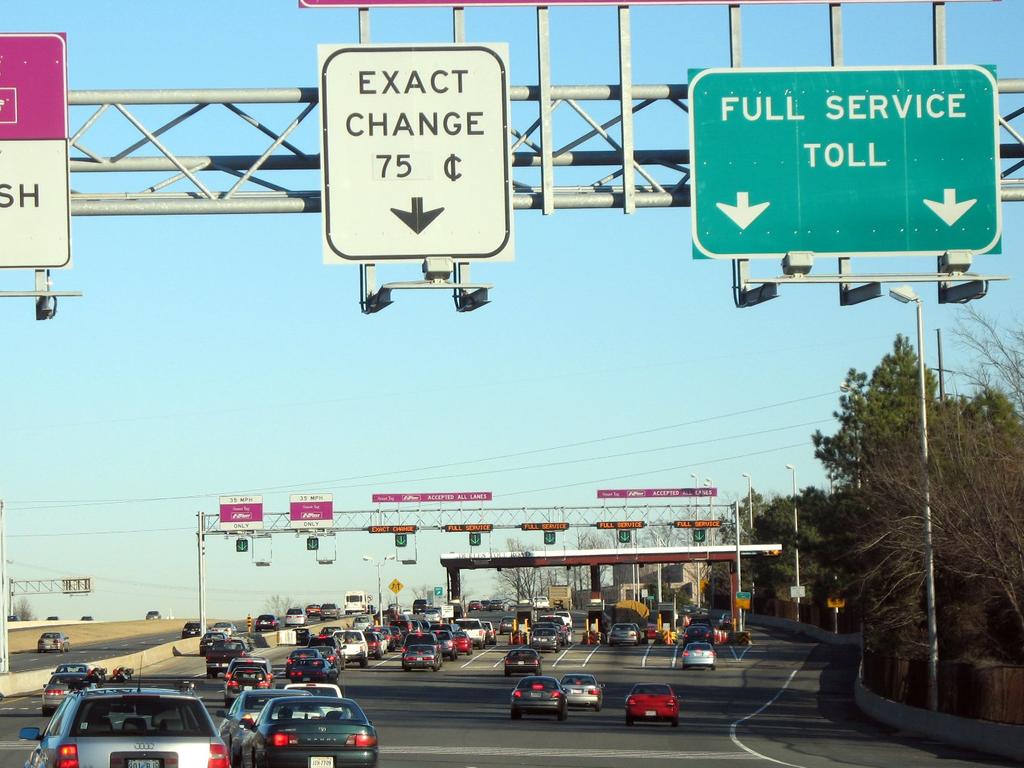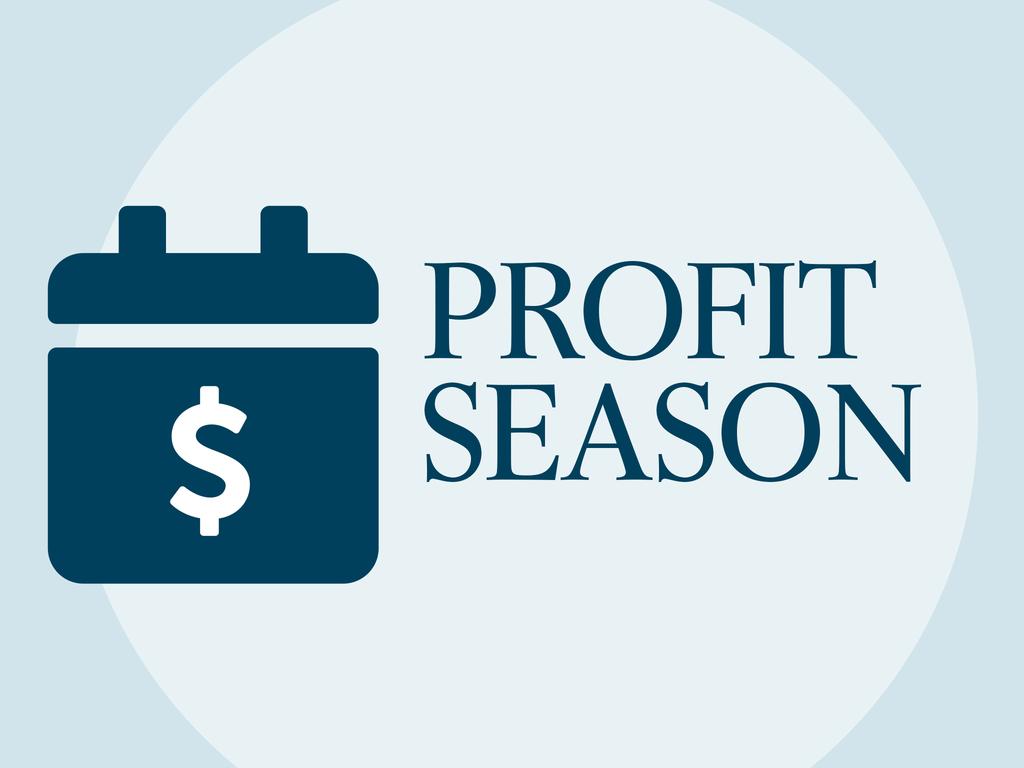Transurban posts $153m loss as it is hurt by virus traffic slump
Transurban has sunk to a $153m annual loss after vehicles stayed off roads in lockdown, and as it warned of more volatility ahead.

Toll road giant Transurban has called on the Morrison government to devise a long-term plan to rekindle the economy after sinking to a $153m annual loss as traffic on its Victorian network slumps back to April lows due to the state’s six-week COVID-19 lockdown.
Australia remained in a month-to-month mindset due to COVID and needed to articulate a long-run vision amid growing concern the pandemic could last for years, chief executive Scott Charlton said.
“At this point a lot of government policies and other issues are managing for the short term — so a month or two months at a time — and I think people are looking for leadership on how we’re going to manage this for a long period of time if we have to live with the virus,” Mr Charlton said.
“There has to be some recognition that we are living with a suppression policy where it seems for some time the media has been focused on an eradication policy.
“Australia is part of a global economy and eventually we’re going to reconnect to the rest of the world and so we need to consider how we go about that.”
Transurban has managed to avoid job cuts but has seen first hand the unpredictability of the health crisis and the damaging toll on the economy.
Its Melbourne CityLink road — which connects the city and airport and provides a third of its earnings — saw average daily traffic levels fall by 63 per cent in the week to August 10 due to stage 4 restrictions, mirroring the steepest falls recorded in mid-April during initial pandemic lockdowns.
“We’ve seen European markets fall by 70-80 per cent and I don’t know if the Victorian government might have to look at further restrictions,” Mr Charlton said.
“It’s difficult to say but at this point I’d say CityLink would be around that mid-60 per cent fall level. We’re watching it closely and hopefully it’s only for a six- week period.”
Revenue from the toll road has fallen about 50 per cent with heavy vehicle traffic slightly easing the hit, down about 9 per cent.
The 2020 financial year “has been a year like no other with the emergence of COVID-19 the defining event which has obviously weighed in on our performance”, Mr Charlton said.
CityLink remained the major risk for the company, Ord Minnett said, along with added restrictions in other parts of its road network.
“The key risk remains stage 4 lockdowns in Melbourne and the CityLink recovery profile, which is 30 per cent of Transurban’s network, and the potential for increased restrictions elsewhere,” Ord Minnett said.
Transurban’s $153m loss — following a net profit of $170m a year earlier — reflected a bigger depreciation and amortisation charge in the 12 months to June 30.
Earnings before significant items fell 6.4 per cent to $1.88bn from $2.01bn in 2019, just ahead of an RBC forecast of $1.85bn, while proportional toll revenues slipped by 3.4 per cent to $2.49bn.
The toll road operator sliced its dividend in half, with plans to pay a distribution of 16c per security for the six months through June, after pulling its 31c per security guidance in March based on an uncertain trading outlook.
Transurban’s outgoing chief financial officer Adam Watson, who will join APA Group, will hold meetings with ratings agencies.
Moody’s said the softer results were in line with expectations.
“Transurban’s full-year 2020 operating results — although soft — are in line with our expectations, and reflect the negative impact of widespread movement restrictions on traffic volumes,” Moody’s senior vice president Arnon Musiker said.
“Transurban’s credit profile considers our expectation of a gradual recovery in traffic volumes commencing in 2021, as well as the group’s ample liquidity and continued cash flow generation.”
The company remains confident it won’t breach any debt covenants on its toll road network, although some would face a lock-up in distributions due to the traffic slump.
Transurban confirmed Melbourne’s $6.7bn West Gate Tunnel had been delayed until 2023 and said it was working to resolve technical and commercial issues on the project.
Transurban and its partners QIC and CPPIB lobbed an unsolicited proposal to the NSW government to widen its busiest road, the Westlink M7 motorway, with an interchange connecting to the government-backed $1.8bn M12 road which leads to the new Western Sydney Airport.
The government has indicated the scheme is of “sufficient interest” to progress to stage two of the state’s unsolicited proposals process, noting Transurban and its partners were well placed given they hold the long-term concession out to 2048.
Transurban shares fell 1.1 per cent to $13.78.







To join the conversation, please log in. Don't have an account? Register
Join the conversation, you are commenting as Logout